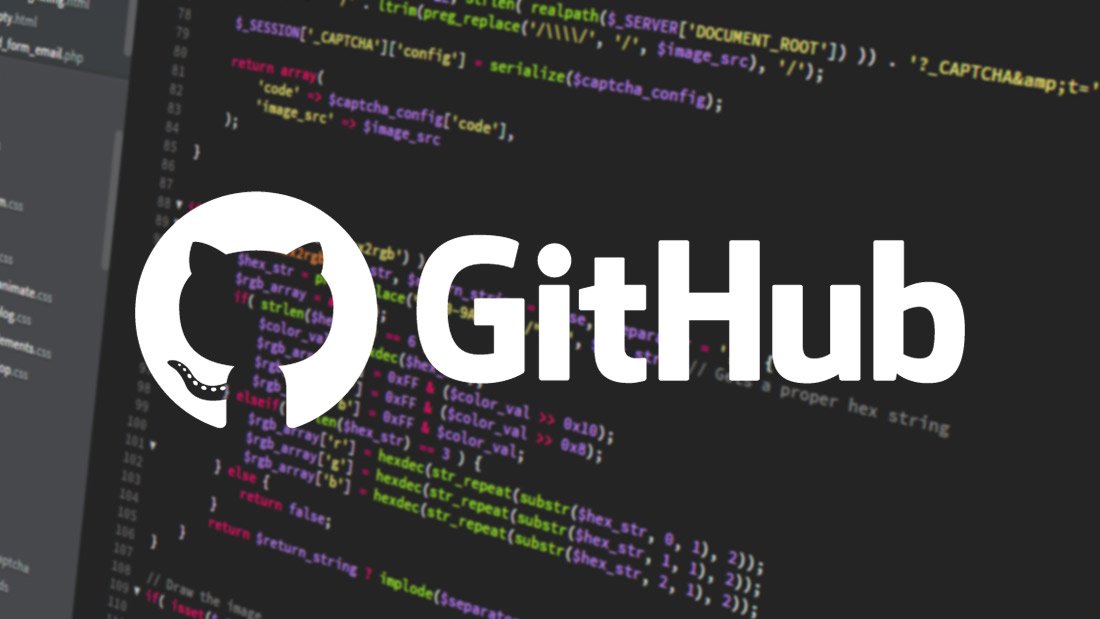A new study from Issie Lapowsky, senior tech policy, and business reporter at Protocol, using AI to analyze over 2 million contributions by around 365 thousand developers on GitHub, has found that those with white-sounding names may have more success on the platform than those whose names are perceived as Black.
The research was conducted by analyzing a range of project metrics including stars and forks as well as software development activities such as pull requests and code reviews.
New AI 2M+ 365K GitHub Lapowsky Protocol
Impact of White-Sounding Names
The study found that users with white-sounding names were 4.5 times more likely to be “top performers” on GitHub than those with black-sounding names.
Top performers on the platform are defined as those who received the most attention from other users due to their work being starred or forked. They were also 1.2 times more likely to be invited to collaborate on projects than users with Black-sounding names.
The study showed that even after accounting for experience level, education level, and other factors, users with white-sounding usernames were still more likely to receive higher levels of engagement than those with Black sounding usernames.
This suggests that name bias is playing a role in the success of different user groups on GitHub.
Implications for Diversifying the Tech Industry
There are many implications for this research for diversifying the tech industry and creating a workplace environment where everyone can thrive regardless of their name or background. Many tech companies have launched initiatives to increase diversity in recent years but these results suggest there is still a long way to go before we see real change happening in this area.
It’s clear that these efforts must address unconscious bias in order to be truly effective at making sure everyone has equal opportunities within the tech industry regardless of name or background.
Conclusion
New AI 2M+ 365K GitHub Lapowsky Protocol: This research sheds light on an important issue related to diversity in the tech industry namely, that there are disparities in success between users with different types of names on platforms such as GitHub which can lead to unequal opportunities for certain groups of people.
It also provides important insights about how we might approach improving diversity and inclusion in technology by tackling unconscious bias head-on when recruiting new talent or developing existing employees.
Hopefully, this research will encourage more organizations to think critically about their practices and make meaningful progress toward creating an equitable workplace culture where everyone can thrive regardless of their background or identity.


















